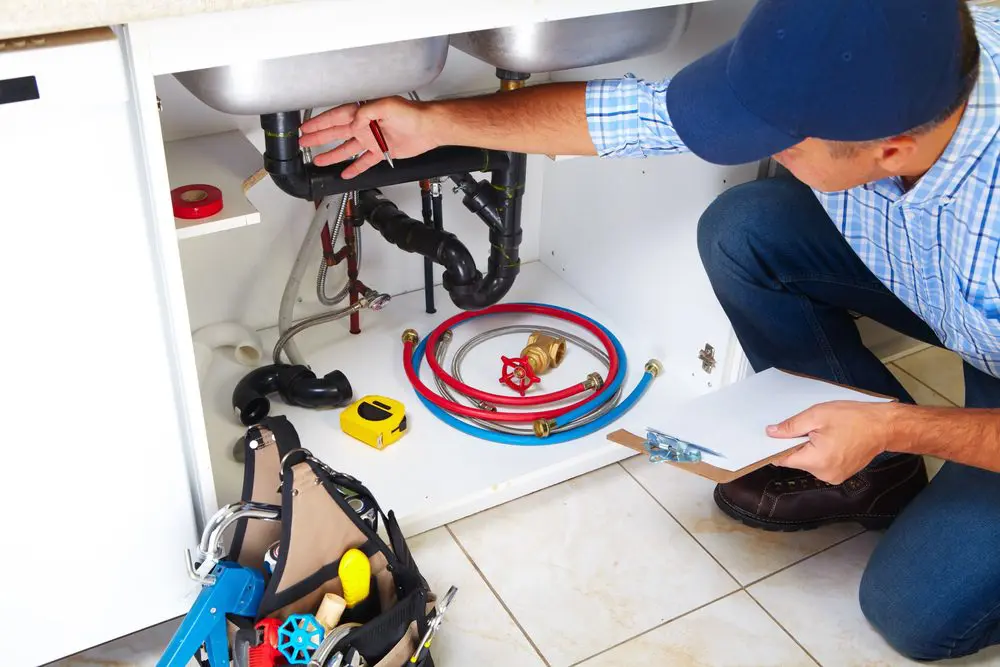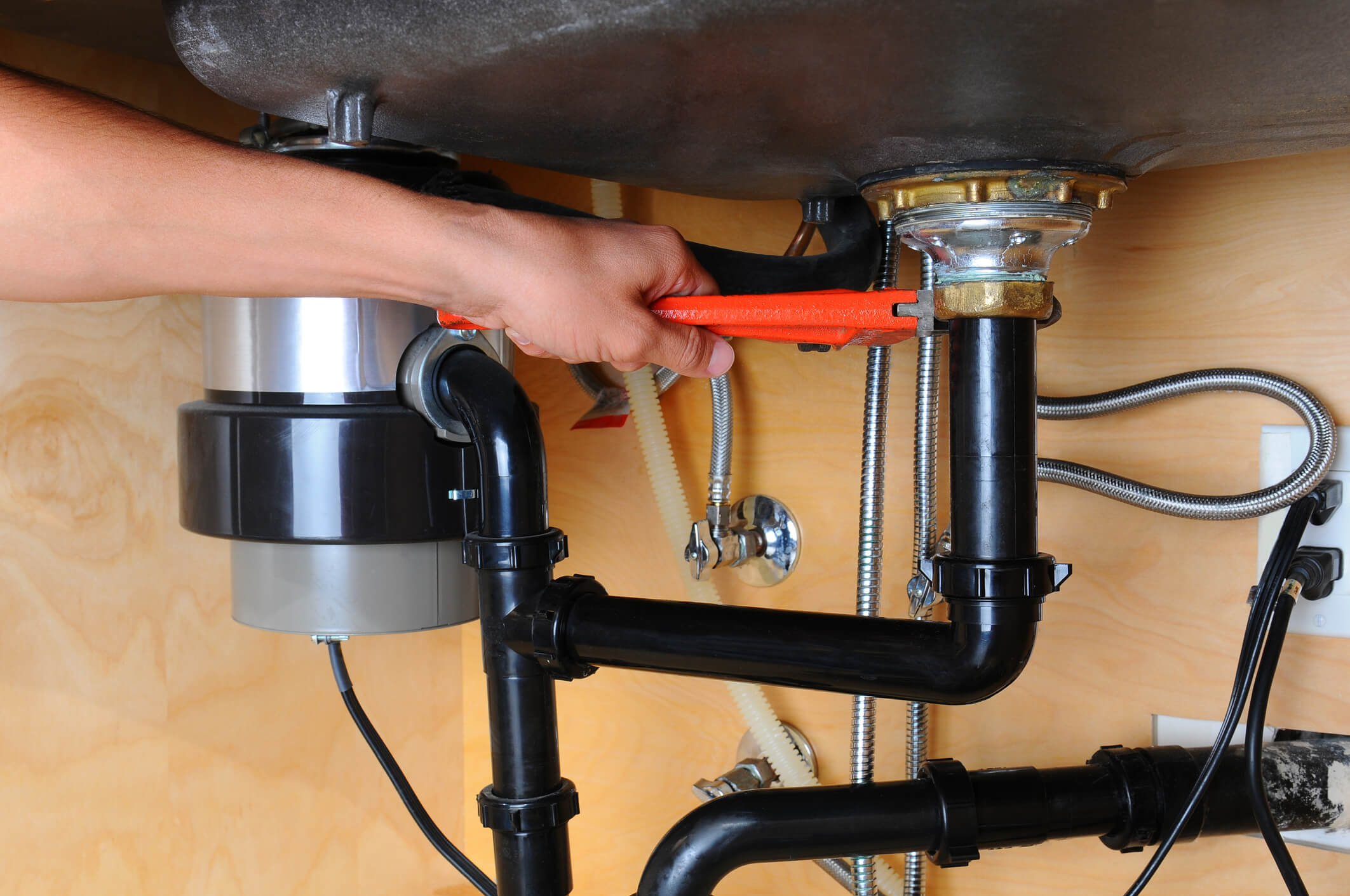Prices & Booking
What're your opinions on Ways to Make Your Pipes Last Longer?

The key to long-term home appliances, unsurprisingly, appertains maintenance. There's no hard and fast guideline that can ensure your plumbing appliances a lengthy wear, but you can protect against unnecessary damage and also repair work by staying clear of bad plumbing routines.
You ought to quit doing these 6 points else you'll maintain calling your plumber over for minor faults.
Flushing everything
Yes, your bathroom drainpipe brings about the sewers, but that doesn't imply you must discard simply anything away. Several 'flushable' products are in fact great clog beginners, as an example dental floss. Asides maintaining noticeable non-flushable products like cables and plastics out of your toilet, you need to likewise prevent flushing cotton buds, menstruation products, wipes, daipers and prophylactics down the bathroom drain.
DIYing every little thing
With plumbing, a stitch in time truly does conserve 9. You can protect against a fullblown plumbing emergency by calling your plumber at the correct time.
You may have found out a few plumbing hacks from your daddy, however you ought to know where to draw the line and also call an expert. For example, you may be able to fix an obstruction yourself, but you should not attempt to alter a pipe. You might mismatch pipes or overtighten a screw, causing even more injury and damages than you thought. Calling a plumber is a risk-free and budget-friendly decision.
Utilizing too much drain cleaner
Making use of a drainpipe cleaner greater than one or two times a month is an indicator that something significant is taking place within your pipes. Now, instead of facing the major concern, you choose a quick fix; a fizzy drain cleaner. Rightfully, a drainpipe cleaner will deal with the blockage, but at what price?
The chemicals in a drain cleaner can accelerate the rust of your pipes. Include that to whatever underlying problem is creating the clog and also you may need to a severe problem on your hands.
If you experience a lot of clogs, call your emergency plumber rather than making use of a drain cleaner.
Putting oil in the sink
We know appropriately taking care of grease after a hearty meal is a discomfort. Yet merely putting it down the drain can do long-term harm to your pipelines. "The fat and oil can block your drainpipe badly adequate to force you to call a plumber," clarifies Dawson. "Plumbing functions best when it's well cared for-- not abused with oil."
Not altering your dishwashing machine hose pipes
One very easy method to make certain that you use your dishwashing machine for several years is to replace the pipe at the very least once in five years. This additionally requests cleaning equipment hoses.
In time, food bits, soap and grease can form clogs within your pipelines. Replacing them on schedule will certainly stop any presure develop that can damage the interior workings of your dish washer or washing maker.
A reinforced steel entwined hose does a wonderful job of extending your equipment's use time.
No winter season preventative measures
Extreme weather misbehave for your pipelines, specifically if they're made of steel. You should insulate your subjected pipes, as well as your water storage tank, even if you have a hot water heater. You must additionally shut off your yard pipe valve as well as any other exterior water networks. These networks are outlets for chilly; you pipes can begin to ice up from outside if you don't.
How Hard Water Damages Your Plumbing and Appliances
Hard water is no stranger to most households across America. This silent invader affects 85% of homes in the United States every day, wreaking havoc on pipes, plumbing fixtures, and water-using appliances.
Should you become a victim of hard water, you must understand exactly what it is and how it affects your plumbing and appliances. This will help you determine the correct measures to put in place to fix or prevent any problems that may arise.
First off, what exactly is “hard” water?
In short, “hard water” is used to describe water that contains relatively high amounts of dissolved minerals, primarily calcium and magnesium, and a host of trace metals. When rainwater falls from the sky (usually in a pure form), it absorbs the hardness minerals from rocks and soil, which changes it from soft to hard water.
What about my plumbing and appliances?
Mineral deposits from hard water can cause buildup on tubs, shower, sinks, faucets. But that’s only a small scratch of the surface. Those minerals can gradually build up inside pipes, fixtures, water heaters, washing machines, and dishwashers. Once they accumulate in those areas, they can clog pipes and create major problems throughout your plumbing system, from reduced water flow to increased pressure on pipes and fixtures.
This limescale buildup might affect some appliances, causing them to operate less efficiently and wear down faster. And the result? Higher energy bills, more (costly) plumbing replacements and repairs, and damaged appliances.
Keep in mind that certain types of plumbing are more susceptible to clogging than others. Copper, PVC, and PEX pipes are more resistant to hard water buildup and corrosion, but they can still get clogged or completely blocked by scale deposits.
How do I know if my water is hard?
White limescale buildup on plumbing fixtures (or any of the other signs mentioned above) is usually a good sign that your water is hard. If you suspect that you have hard water, you can simply shake up a small amount of dish soap and water in a closed container. If the mixture doesn’t create a lot of suds, you probably have hard water.
The most precise method, however, is to test your water with a DIY test kit (sold online or at local home centers or hardware stores) or send a water sample from your tap to a local lab to be tested. Be sure that you understand the nature of the test, the water condition being measured, and the significance of the test results.
Another way to obtain an estimate of water hardness is to check your annual water quality report to see if your water provider has reported any instance(s) of water hardness in your water supply.
https://www.springwellwater.com/how-hard-water-damages-your-plumbing-and-appliances/

As an avid reader on Don’t Let an Earthquake Damage Your Plumbing, I assumed sharing that post was essential. Do you know about somebody who is involved in the subject? Why not promote it. Thanks so much for your time spent reading it.
Set Up An Appointment